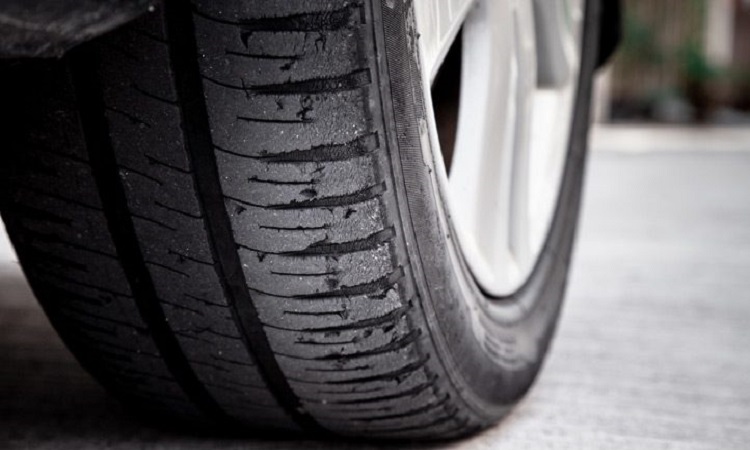A study of vehicles from more than a dozen different brands concluded that tire wear is about 2,000 times more polluting than exhaust gases. These results amount to saying that exhaust pipes become better students from an environmental point of view.
Hundreds of thousands of tons of rubber
In 2020, a Norwegian study dug into a fairly unknown subject: the production of microplastics by road transport. More specifically, the aim was to assess the release of tire wear particles (TWPs) as well as brake wear particles (BWPs). However, no less than 50,000 tonnes of microplastics end up in the oceans each year, i.e. a third of airborne microplastics from tire and brake wear. In an article dated June 3, 2022, the British daily The Guardian relayed another study, this time conducted by the independent company Emission Analytics. The researchers claimed that the tires would generate pollution 2,000 times greater than that emanating from the exhaust pipes because of their friction on the road.
“We’ve come up with a staggering amount of material being released into the environment: 300,000 tonnes of tire rubber in the UK and US every year, just from cars and vans,” said Nick Molden, lead lead Works.
The fact is that these particles are toxic, sometimes carcinogenic, and are found almost everywhere: in the air, soil and obviously water. In addition, the danger to human health is very real, because their size is less than 23 nanometers. This allows the particles to pass through the human body and reach the organs through the bloodstream.
Towards strict regulations?
For Emission Analytics, exhaust pipes now act as good students in terms of the environment. Indeed, cars today are very well equipped with anti-pollution filters. In addition, the most recent vehicles comply perfectly with the standards and are often even well below the limits. Today, exhaust pipes are so clean that if it had been the case from the start, there would never have been a need to regulate them.
Following this work, which focused on cars from fourteen different brands, Emission Analytics is now advocating for the implementation of strict regulations concerning ultrafine particles. It must be said that in Europe and the United States, this type of regulation is non-existent. For example, it could be to set a limit allowing tires to be changed more quickly in order to limit particulate emissions.

Email: colin@satprwire.com Phone: +44 20 4732 1984
Colin has been working in the business industry for quite a sometime and he recently made the decision to become a full-time business journalist. At Daily Research News, he also helps us take care of the business writing.



